Charisse Ann Ramos Suliguin
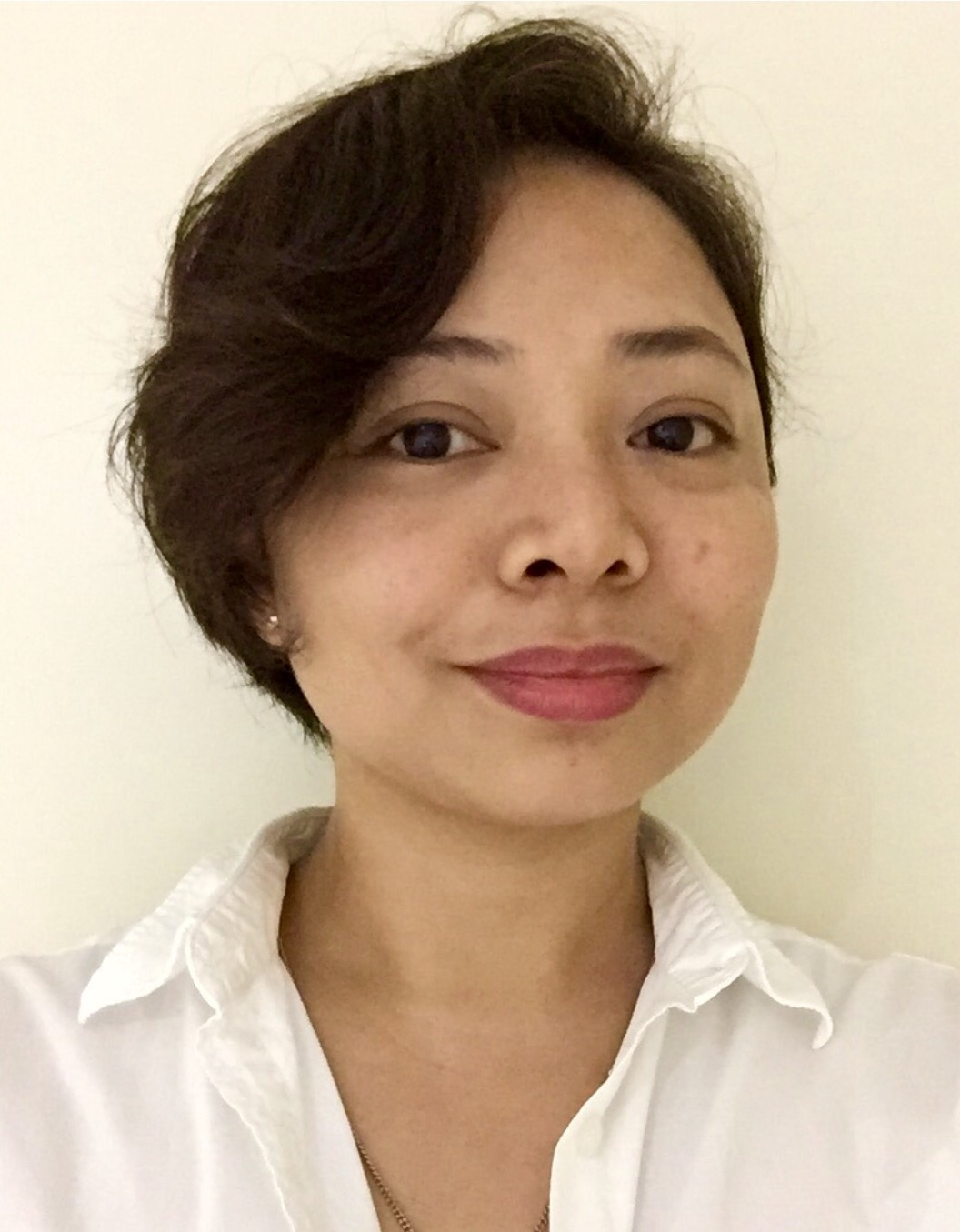 What attracted me to TMGH then, after scouring the internet for graduate schools of medicine within Japan, were the MTM course’s flexible timetable, its use of English as the medium of instruction, its roster of high caliber faculty, its close collaboration with the London School of Hygiene and Tropical Medicine (LSHTM) and other prominent organizations, and my general perception of the school as a nurturing community.
What attracted me to TMGH then, after scouring the internet for graduate schools of medicine within Japan, were the MTM course’s flexible timetable, its use of English as the medium of instruction, its roster of high caliber faculty, its close collaboration with the London School of Hygiene and Tropical Medicine (LSHTM) and other prominent organizations, and my general perception of the school as a nurturing community.
My one year stay in TMGH as an MTM graduate student did not disappoint. I expected the coursework to be challenging and intensive, and it was. In retrospect, I think I enjoyed spring quarter the most, albeit having a hectic schedule. Sessions in tropical medicine, epidemiology and statistics equipped me with the right knowledge and skills to successfully carry out my master’s thesis with the guidance of my supportive research supervisors. Overall, there was a palpable intention to contribute solutions to global health issues within the school atmosphere that could easily rub off on students. Taking this course changed my perspective towards research, inspired me to aim for higher studies, and rekindled my childhood dream of making a difference.

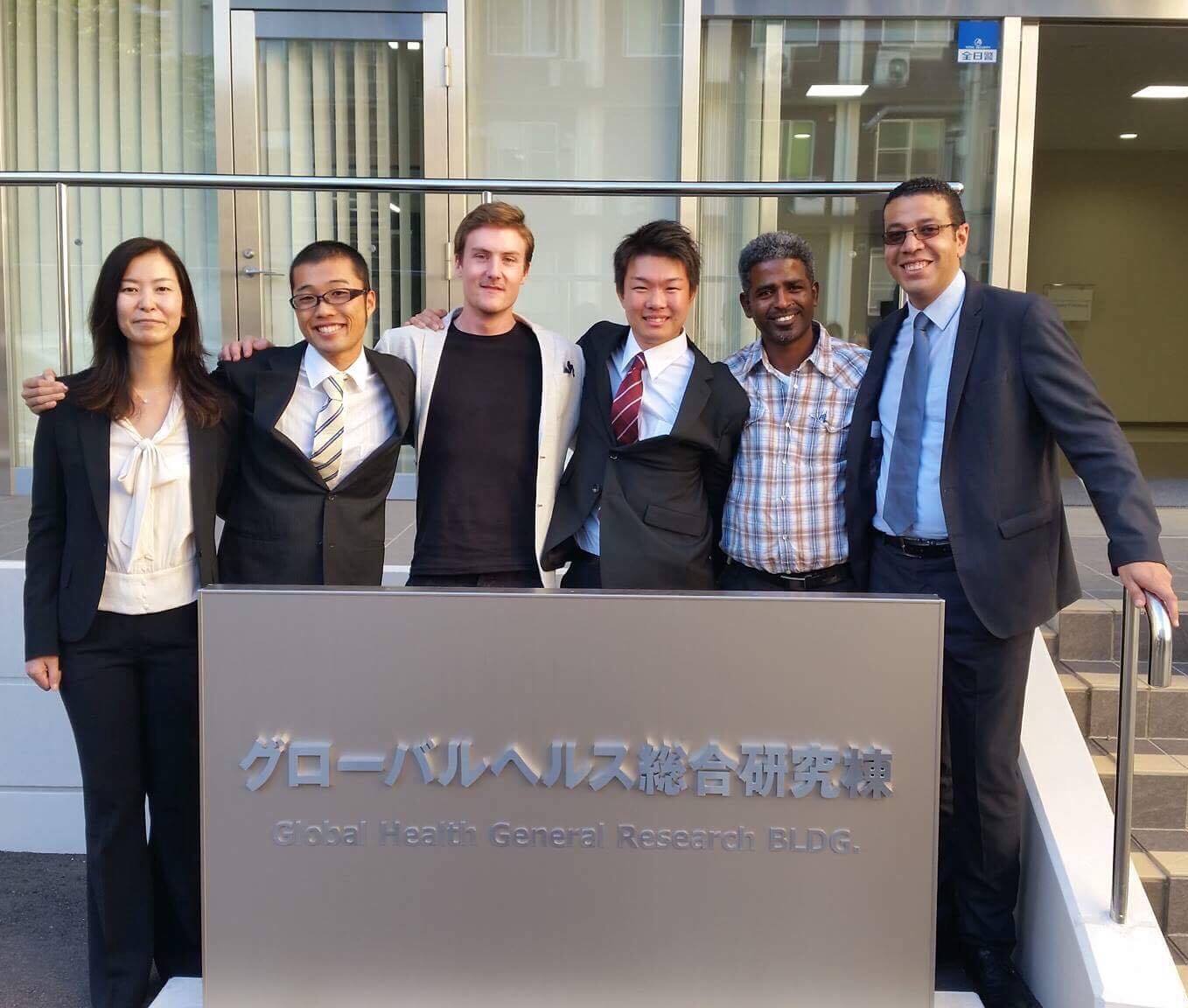
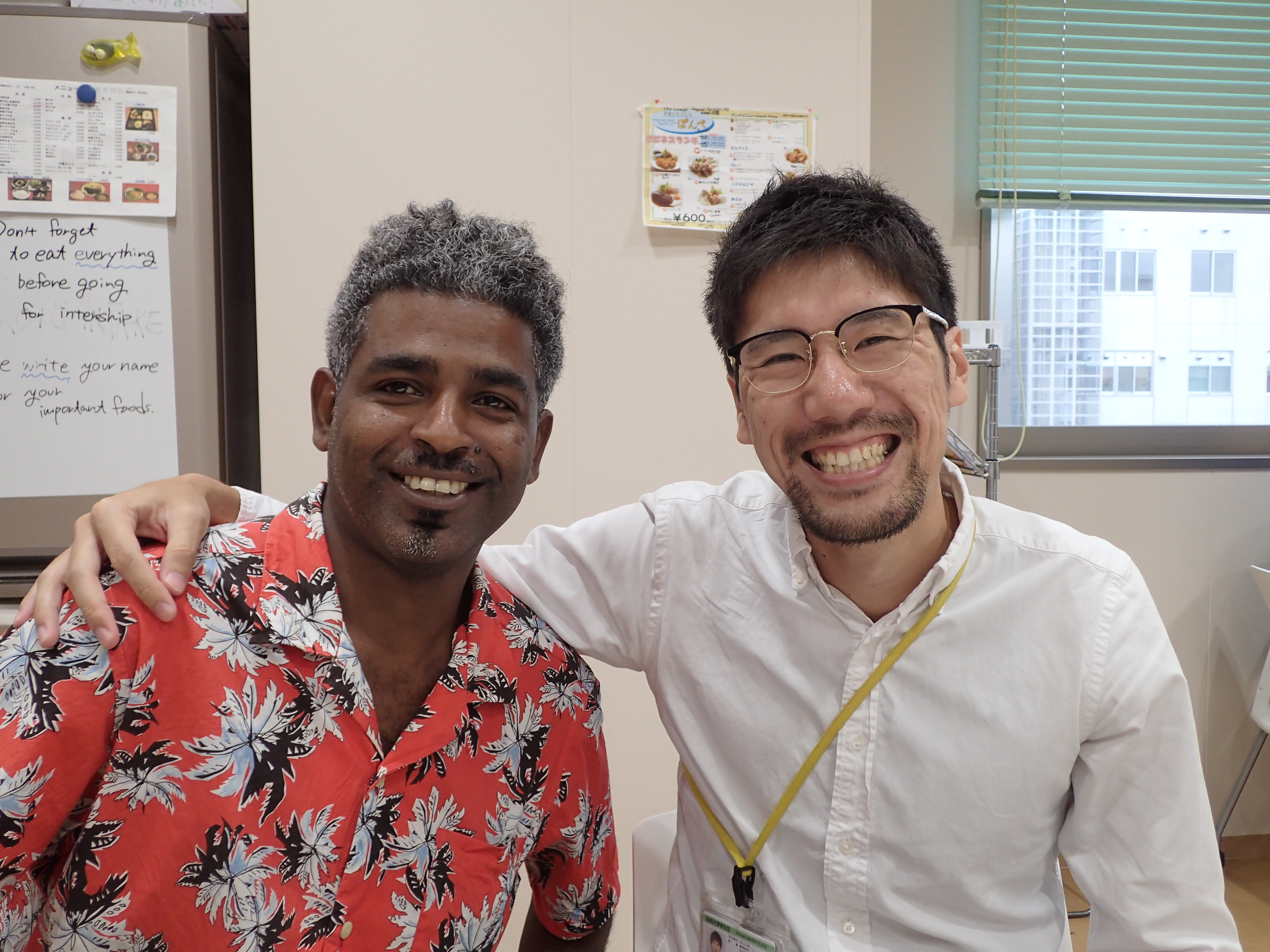 Hello, my name is Takuya Shizume (right). I am a 1st batch, Master of Public Health candidate, Tropical Medicine and Global Health, Nagasaki University.
Hello, my name is Takuya Shizume (right). I am a 1st batch, Master of Public Health candidate, Tropical Medicine and Global Health, Nagasaki University.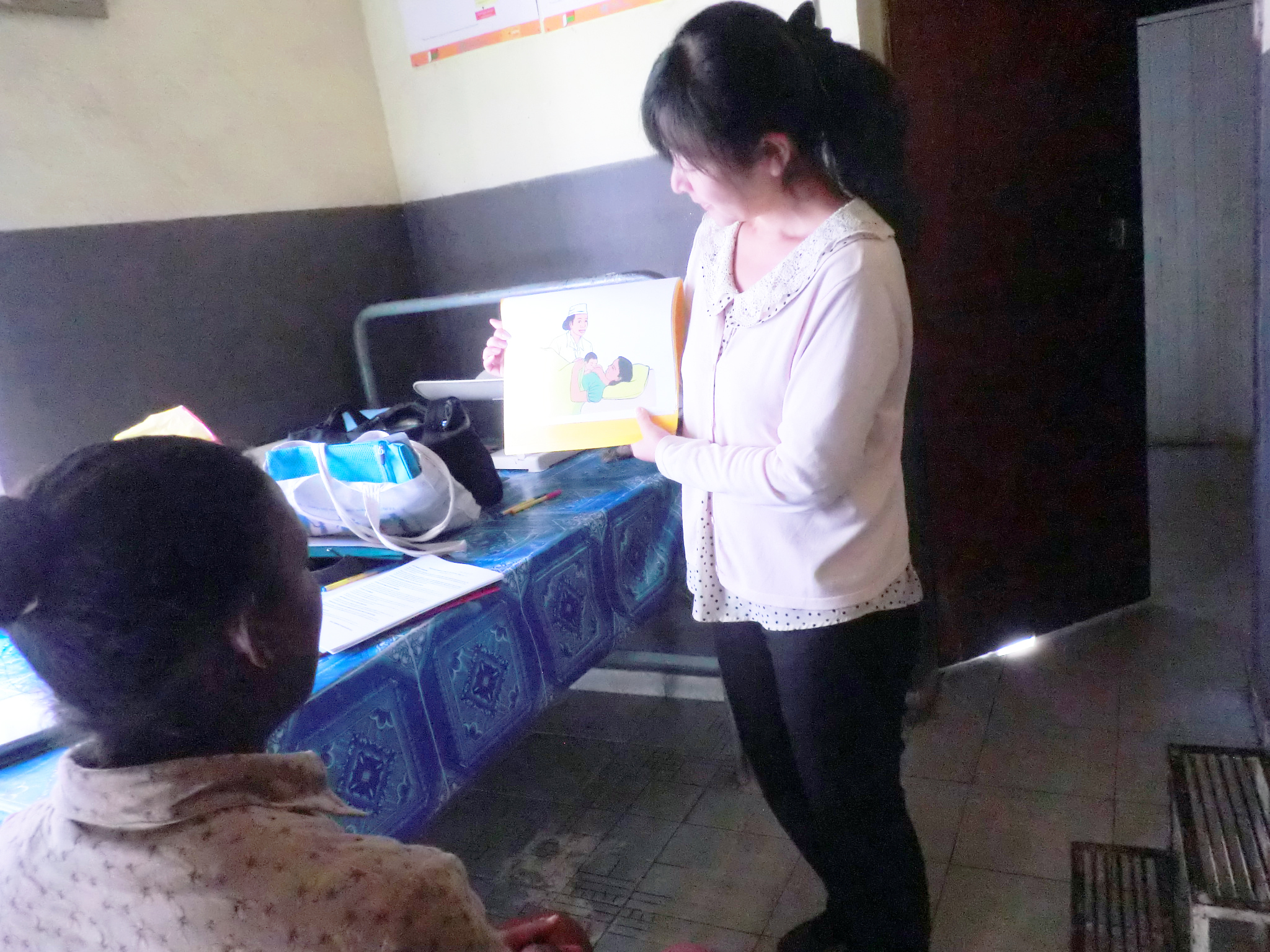 The experiences I went through as a 1st batch student of TMGH were more than what I had expected before I entered the School. Specialized lectures such as Tropical Medicine and Global Health, the practical skills gained through the long-term internship, and research activities which allowed me to pursue what I had wanted to demonstrate were every feature of my TMGH achievements. Every lecture held during the 1st year was essential to my internship and research activities conducted in the 2nd year, therefore, the learning process of TMGH which allowed students to gain knowledge and also practical skills is reasonable and rational.
The experiences I went through as a 1st batch student of TMGH were more than what I had expected before I entered the School. Specialized lectures such as Tropical Medicine and Global Health, the practical skills gained through the long-term internship, and research activities which allowed me to pursue what I had wanted to demonstrate were every feature of my TMGH achievements. Every lecture held during the 1st year was essential to my internship and research activities conducted in the 2nd year, therefore, the learning process of TMGH which allowed students to gain knowledge and also practical skills is reasonable and rational.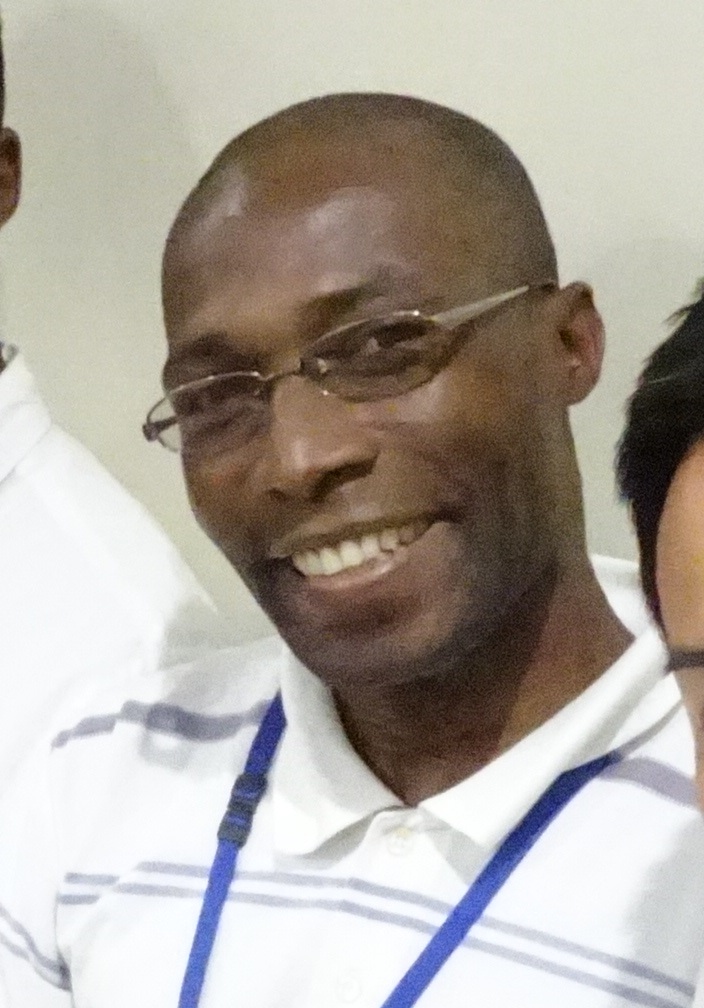 MY name’s Gavicho Lindo Celestino, from Mozambique.After graduated at Faculty of Medicine, I worked as clinician at districtal hospital and simultaneously as administrative manager of the hospital and as clinical director, coordinating clinical activities all over the district with 15 health centers. I entered in Nagasaki University supported by ABE Initiative (African Business and Education for youth Initiative).
MY name’s Gavicho Lindo Celestino, from Mozambique.After graduated at Faculty of Medicine, I worked as clinician at districtal hospital and simultaneously as administrative manager of the hospital and as clinical director, coordinating clinical activities all over the district with 15 health centers. I entered in Nagasaki University supported by ABE Initiative (African Business and Education for youth Initiative). What attracted me to TMGH then, after scouring the internet for graduate schools of medicine within Japan, were the MTM course’s flexible timetable, its use of English as the medium of instruction, its roster of high caliber faculty, its close collaboration with the London School of Hygiene and Tropical Medicine (LSHTM) and other prominent organizations, and my general perception of the school as a nurturing community.
What attracted me to TMGH then, after scouring the internet for graduate schools of medicine within Japan, were the MTM course’s flexible timetable, its use of English as the medium of instruction, its roster of high caliber faculty, its close collaboration with the London School of Hygiene and Tropical Medicine (LSHTM) and other prominent organizations, and my general perception of the school as a nurturing community.